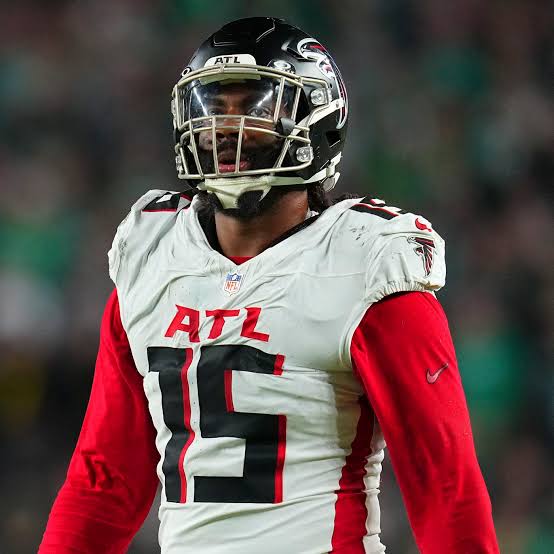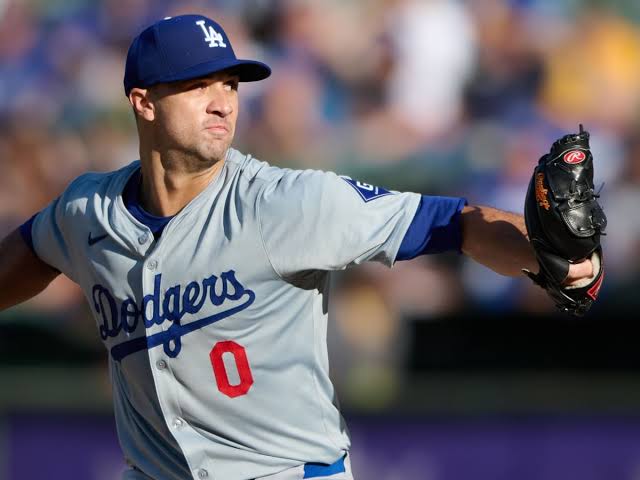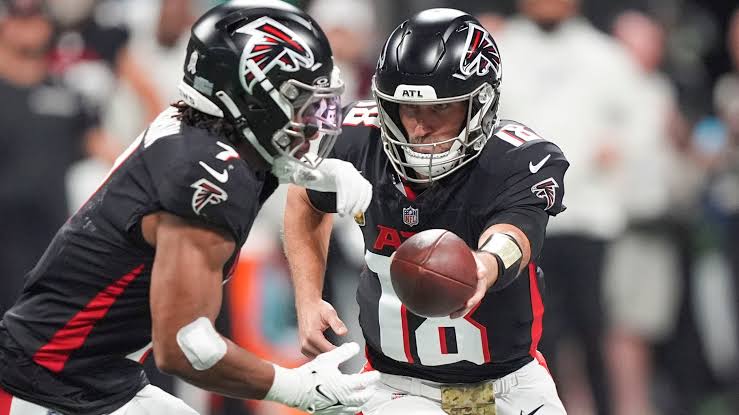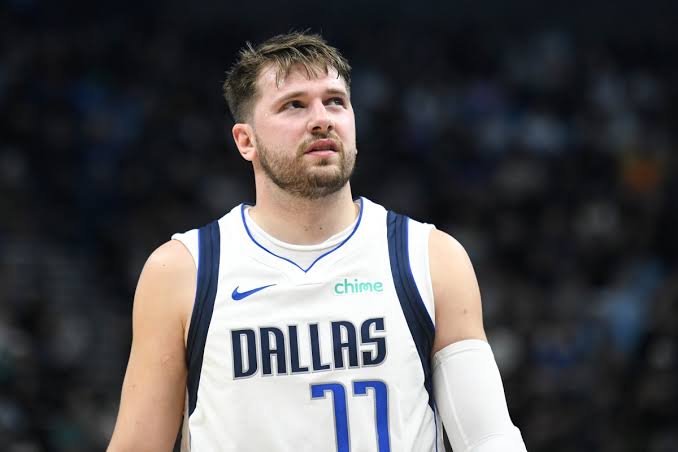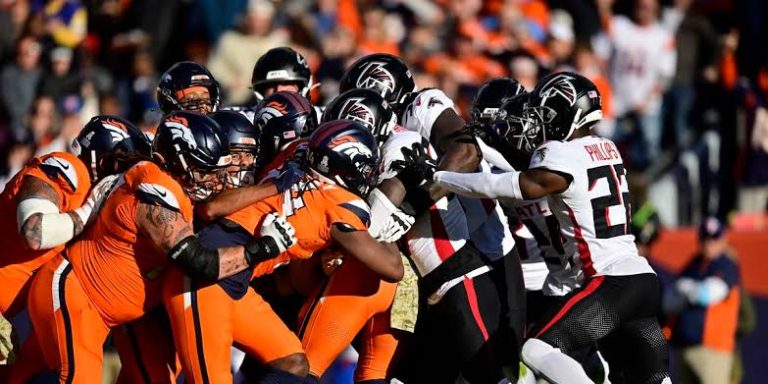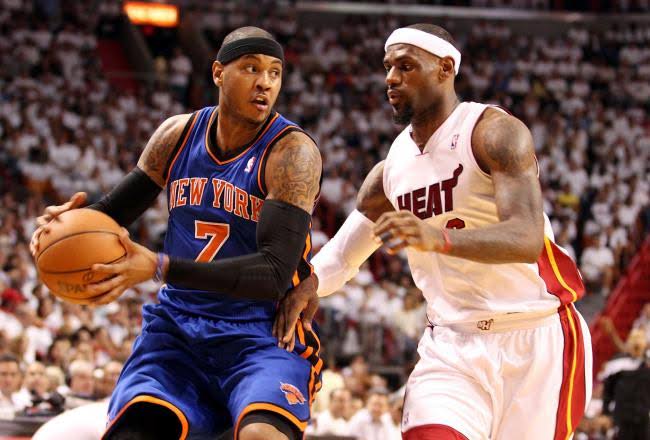Murray’s Magic: Kyler’s QB Wizardry on Full Display
By December 9th, there will be plenty of clarity about the Atlanta Falcons. Facing the Broncos, Chargers, and Vikings by then will provide tremendous tests to see how they fare against teams in pursuit of earning a spot in the playoffs.
These aren’t three hopefuls who are significantly flawed or winning in unsustainable ways. These are three of the NFL’s more impressive overachievers winning with outstanding coaching, above-average play in the trenches, and terrific overall team defense. They can dictate games by forcing teams to play how they want to operate. They are well-disciplined on both sides of the ball. For all the personnel concerns in key areas on their respective roster, they overcome their overcomings with the sharpest minds in football and a strong self-belief across the organization.
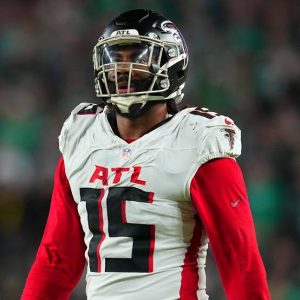
This stretch will prove if the Falcons are a legitimate worthy playoff team or a product of playing in arguably the worst division in the NFL. They can remain firmly in control of the NFC South by winning at least two of these three matchups. Falling short will open the door for a resilient Bucs team that benefits from having the easiest remaining schedule. Losing to the Saints was a setback for Raheem Morris’ team, but it could be remembered as a minor one, if they make the necessary adjustments, start games better, and clean up the self-inflicted mistakes. They will need to in these upcoming matchups where they can’t afford to make too many errors.
More Varied Pressure Requires More Effective Answers
There aren’t any significant concerns about the Falcons’ offense following Sunday’s loss. They likely score 30 points if Younghoe Koo is on his game and Kaleb McGary doesn’t get tripped by a teammate on multiple occasions, leading to two drive-derailing sacks.
Per TruMedia, the Falcons had the second-best offensive success rate at 51.2% in Week 10. They were moving the ball consistently after a sluggish first quarter. A big-picture question emerged from the defeat that will be further challenged over the next three games.
How will the Falcons respond to defenses using more simulated pressures? The Saints used Carl Granderson and Cameron Jordan to spot-drop on several plays while using linebackers and safeties to generate pressure. They did it to prevent Kirk Cousins from completing high-percentage passes to Drake London underneath. The rising star receiver has been productive out of the slot, particularly running shake and short post routes. By dropping two edge rushers in coverage, the Saints clogged up space to stop Cousins from connecting with his favorite receiver at times. While London still caught eight passes for 97 yards, the Falcons only converted five out of 14 third downs. Cousins was forced to push the ball downfield into tight windows more often. Not having another clear receiving option in the short to intermediate area cost the Falcons in key moments.
Coaches will pick up on that, especially aggressive defensive coordinators who consistently test opponents with different looks. Vance Joseph, Jessie Minter, and Brian Flores have all done an excellent job of creating pressure designs in creative ways with coverage disguises. Opposing quarterbacks are forced to throw in congested pockets while attempting to identify the type of coverage look.
Zac Robinson will be tested to see if he can design quick, clear solutions for Cousins to counter these different fronts and alignments. The Vikings and Broncos are currently ranked as the top two defenses in blitz rate per dropback. While Drew Dalman’s imminent return will help with the protection plans, the Falcons must be prepared to play faster and crisper offensively. Whether it’s getting Kyle Pitts more involved on short routes or dialing up screens for Bijan Robinson, they can’t solely rely on London underneath to counter different types of pressure and convert third downs.
Defensive Urgency Starts From the First Play
Since the first meeting against New Orleans in Week 4, the defense has gotten off to a bad start in nearly every game. The Saints scored touchdowns on the first two possessions in that game. Tampa Bay scored on its first four possessions in the memorable Thursday night shootout. They followed up by scoring touchdowns on two consecutive drives in the rematch after Jessie Bates pulled off another classic punch-out forced fumble on Rachaad White. Carolina scored 17 points against them in the first half. Seattle replicated that in a commanding first-half performance the following week. New Orleans scored on three consecutive drives last Sunday after producing a 13-play drive, resulting in a turnover on downs. Besides controlling a hapless Dallas’ offense, Morris and Jimmy Lake have endured consistent woeful defensive performances to start games since facing the reigning Super Bowl champions on primetime.
All the teams Atlanta has faced during that stretch are either well behind in the playoff hunt or building for 2025. Continuing to play poorly to start games against the next three opponents would put the team in a precarious position. It forces Cousins to press more chasing a game versus three terrific defenses. It allows Sean Payton, Greg Roman, and Kevin O’Connell to lean on running the ball behind their very good offensive lines.
Those units will enjoy calling plays to attack in between the tackles against a Falcons front that has been largely overwhelmed in most matchups. To make matters worse, Ta’Quon Graham and James-Smith Williams will likely miss some time. Losing two of its better contributors in a disappointing defensive line rotation adds more pressure on the defense to start strong from the beginning by winning on early downs and forcing frequent third-and-longs.
The players are well aware of these slow starts. Justin Simmons was vocal about how the defense is too talented to operate as poorly as they did in the first half against New Orleans. The former two-time Pro Bowler will take his share of accountability after being on the receiving end of Marquez Valdes-Scantling’s first touchdown. He will have plenty to prove by returning to Denver for the first time after playing there for eight years.
The defense did rise to the occasion in big tests against Philadelphia and Kansas City early in the season. It’s been difficult to find many positives since then, besides a few excellent second-half performances. As much as Morris is known for making those pivotal adjustments, he can’t be dependent on his unit bouncing back in the second half. They have to set the tone against all three teams that have their share of personnel flaws. It’s on the coaching staff to help capitalize on the questionable quarterback play in Denver and Minnesota while setting up coverage designs to lock down Los Angeles’ below-average skill position players.
Limiting Self-Inflicted Mistakes
The offense has committed multiple false start penalties in their previous two defeats. They have put themselves in disadvantageous positions, ending promising drives that should have resulted in touchdowns. There have been moments where the defense looked disorganized, resulting in big plays being allowed. On the previously mentioned Valdes-Scantling’s first touchdown, Dee Alford and Simmons weren’t on the same page as the ball was snapped. On Valdes-Scantling’s second touchdown, Bates failed to support A.J. Terrell over the middle after the Saints used motion. The lack of cohesion proved to be costly.
